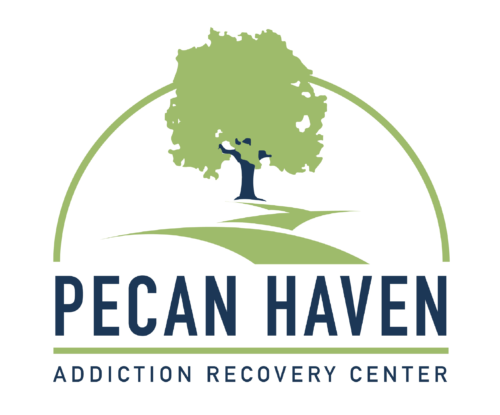Embarking on the journey to recover from opioid addiction is a monumental and courageous step. The path to recovery is not a straightforward one, but with the right support and resources, it is entirely achievable. Understanding the nature of opioid addiction, the effects on the brain and body, and the available treatment options can empower individuals and their loved ones to make informed decisions.
Understanding Opioid Addiction
Opioids are a class of drugs that include prescription pain relievers, synthetic opioids, and heroin. They are effective in managing pain but also highly addictive due to their ability to produce euphoria. Opioid addiction is characterized by the compulsive use of these substances despite harmful consequences. It affects the brain’s reward system, leading to intense cravings and withdrawal symptoms when not using the drug.
The Impact on the Brain and Body
Opioids bind to receptors in the brain and other organs, reducing the perception of pain and inducing feelings of pleasure. However, over time, the brain’s natural ability to produce these feelings diminishes, leading to dependence. Physical effects include respiratory depression, constipation, and increased risk of overdose. Psychologically, opioid addiction can cause depression, anxiety, and cognitive impairment.
The Recovery Process
Recovery from opioid addiction is a multifaceted process that involves several stages. It is essential to understand that each individual’s journey is unique, and what works for one person might not work for another. The primary stages of recovery typically include:
- Acknowledgement and Decision to Seek Help: The first step in recognizing the problem and deciding to seek help. This stage involves overcoming denial and accepting the need for change.
- Detoxification: Detox is the process of allowing the body to eliminate the drugs from its system. This can be challenging due to withdrawal symptoms, which can include nausea, vomiting, muscle aches, and severe cravings. Medical supervision during detox is crucial to ensure safety and manage symptoms effectively.
- Residential Treatment Programs: These programs provide a structured environment where individuals can focus solely on their recovery without the distractions and triggers of everyday life. Residential treatment often includes individual therapy, group therapy, and various therapeutic activities designed to address the root causes of addiction and develop coping strategies.
- Intensive Outpatient Programs (IOP): For those who cannot commit to a residential program or are transitioning out of one, IOPs offer a flexible yet intensive approach to treatment. These programs typically involve several hours of therapy per week, allowing individuals to maintain their daily responsibilities while receiving support.
- Aftercare and Ongoing Support: Recovery does not end when formal treatment does. Ongoing support, such as counseling, support groups, and alumni programs, is crucial in maintaining sobriety and preventing relapse.
The Role of Dual Diagnosis in Recovery
Many individuals struggling with opioid addiction also have co-occurring mental health disorders, such as depression, anxiety, or PTSD. Treating both the addiction and the mental health condition simultaneously is vital for successful recovery. This approach, known as dual diagnosis treatment, addresses the complex interplay between substance use and mental health, providing a comprehensive path to wellness.
Starting Your Recovery Journey at Pecan Haven Addiction Recovery Center
At Pecan Haven Addiction Recovery Center, we understand the profound impact of opioid addiction on individuals and their families. Our comprehensive treatment programs are designed to support you through the stage of recovery. We offer a range of services to meet your unique needs, including residential treatment programs, intensive outpatient programs, and residual detox programs. Our experienced and compassionate team is dedicated to helping you achieve lasting recovery.
Whether you are struggling with alcohol addiction, drug addiction, or a dual diagnosis, Pecan Haven Addiction Recovery Center is here to provide the support and guidance you need. Reach out to us at (318) 600-3333 to start your journey toward a healthier, happier life. Taking the first step is often the hardest, but remember, recovery is possible. At Pecan Haven, you are not alone – we are with you every step of the way.
